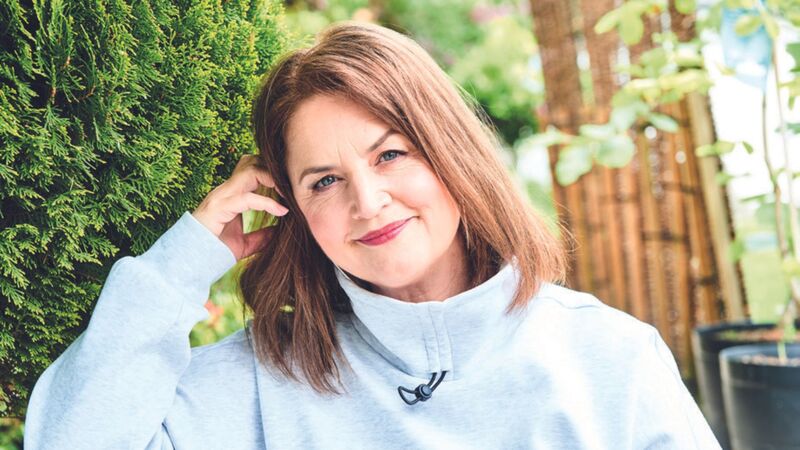You are viewing your 1 free article this month. Login to read more articles.
Faber pre-empts Ross' 'rare' love story 15 years in the making
Faber has pre-empted Leone Ross' "lightning bolt of a novel", about two star-crossed lovers finding their way back to one another over a single day.
World rights, in all languages, in This One Sky Day were pre-empted by Louisa Joyner, publishing director, from Niki Chang at The Good Literary Agency, with publication scheduled for 4th February 2021.
Set on a fictional Caribbean archipelago called Popisho, This One Sky Day is described by Faber as "a sensual meditation on the nature of love and addiction" as well as "a dazzling, funny and incisive disquisition on post-colonial politics". It also called it "a major work of fiction in conversation with Gabriel García Márquez, Toni Morrison, Arundhati Roy and Junot Díaz via the Harlem Renaissance and Anaïs Nin".
The book has been 15 years in the making, according to its author, who, as well as a writer, is senior lecturer in creative writing at Roehampton University in London, where she is anthology editor for its micro-publishing house, Fincham Press.
"When you write a book for 15 years you can be forgiven for fearing it will never be published," said Ross. "After all this time, I’m overjoyed to share it. It’s about longing and addiction; about the bad choices we make that we can change even at that final hour and about all the flavours of love."
Joyner said This One Sky Day was "as rare and brilliant and fabulous as the imagined world it manifests" and she added: "Good novels stay with you long after you finish them, but with great works of fiction a little bit lodges somewhere within. Leone Ross is a major new voice for Faber and the island of Popisho will carve a new space on the cultural map."
Ross' first novel, All the Blood Is Red (ARP), was longlisted for the Orange Prize, and her second novel, Orange Laughter (ARP/Anchor), was named by Wasafiri magazine as one of the most influential British novels of the past 25 years. Ross’ first short-story collection, Come Let Us Sing Anyway (Peepal Tree), was longlisted for the Jhalak Prize and shortlisted for the Edge Hill Prize in 2018.


















